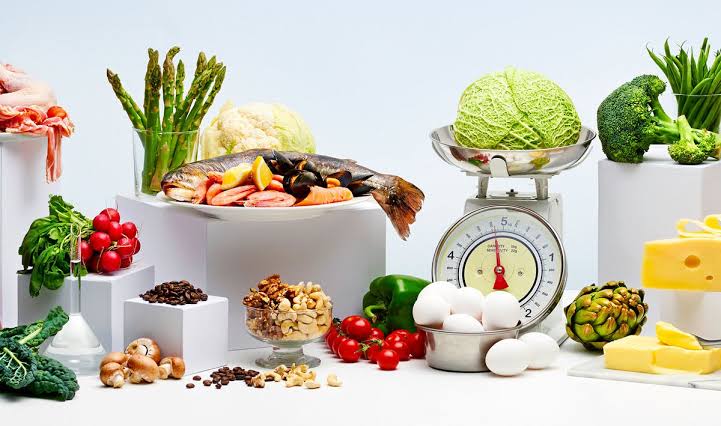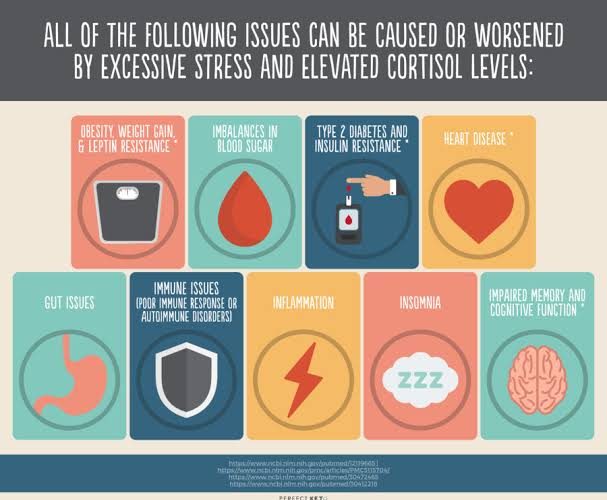There are obviously benefits attatched to breastfeeding that you already know; so lets see the ones you might not be aware of:
I’m sure many new parents aren’t prepared for the effect that having a new baby can have on their desire for lovemaking and intimacy.
Keeping it together is really hard trust me.
There are hormones responsible for some behavioural changes after childbirth and lactation period.
Lets pick these hormones and see how they play a major role in sexuality.😉
🍌ESTROGEN: All women have low levels of estrogen for the first couple of months after giving birth. Continued breastfeeding extends this period for at least six months and for some women the lower levels may last as long as they are breastfeeding. Lower estrogen levels may cause vaginal dryness, tightness and tenderness. You could apply water based lubricants during lovemaking.😁
🍉OXYTOCIN: The milk ejection reflex is triggered by the release of the hormone oxytocin. Oxytocin is also released in men and women at the time of orgasm and is recognized to increase bonding. If mother, or her partner, has concerns about milk ejection during lovemaking she can feed the baby or express beforehand to reduce milk flow. Direct pressure with the heel of the hand to the nipple can stop milk ejection or the couple can keep a towel handy to deal with leaking milk.
🍆PROLACTIN: Prolactin levels increase when baby is breastfeeding or mother is expressing milk. . Prolactin is also a part of the hormonal cascade involved in lovemaking. It counteracts the effect of the hormone dopamine which is responsible for sexual arousal and provides the body with a feeling of sexual gratification. The release of prolactin during breastfeeding creates a feeling of calm and relaxing.
🌶TESTOSTERONE : This is an androgen hormone which is usually thought of as a male hormone. It is also naturally occurring in the female body where it is produced in the ovaries and adrenal glands. Testosterone appears to contribute positively to the health of vaginal tissue and to contribute to genital sexual arousal.
Well, the hormones involved during breastfeeding might dampen sexual desire in the early months of childbirth, support from the male spouse is very important. Some mothers feel that stopping breastfeeding might reduce tendencies of high libido, and shr might also feel unhappy that she’ll deprive her infant its right, which might reduce her desire for lovemaking.
You really need to sit down as a couple and balance things between breastfeeding , parenting and being a couple.
Find time for parenting and merge it with time for intimacy😎.
Life is not hard.
Source: https://www.lllc.ca/thursdays-tip-breastfeeding-and-hormones-sexuality








 One question, and it was noticed that Mrs. X was a workaholic.
One question, and it was noticed that Mrs. X was a workaholic.